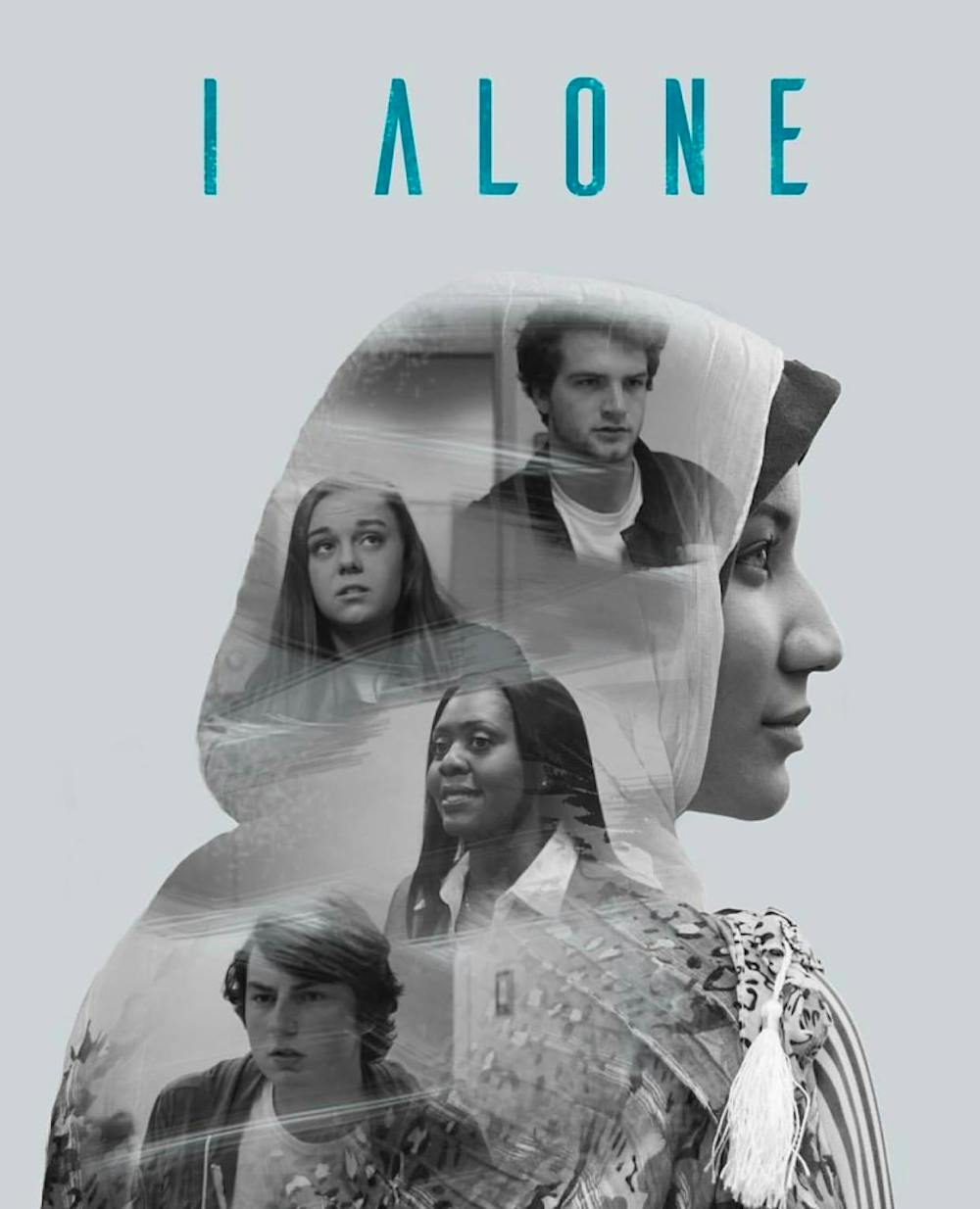"I Alone," a short film created for the University of South Carolina Campus MovieFest, is a film that has a voice.
As the short film begins, a young woman is shown putting on her hijab, preparing for a day as a regular college student. After a sudden turn of events, the short film chronicles the hardships and prejudices that Muslims face in the U.S. every day due to actions of extremists.
“[The film] encapsulates the behavior of American people towards Muslims or American-Muslims in the aftermath of any extremist attacks," said Siddharth Pathak, the film's story creator. "How a trigger can push someone over beyond a line and make them take seemingly drastic actions. The film tries to capture that essence in a college environment.”
Created by Herman Phillips IV, Pathak and a number of other USC students, the film was given the opportunity through nomination at USC's Campus MovieFest to be shown at the Terminus Film Festival on June 16-19 in Atlanta, Georgia.
The short film did well at the festival, winning the Elfenworks Social Justice Prize. Besides the prize, the festival also gave "I Alone" the chance to be seen by more viewers than only those at USC Campus MovieFest. The film's exposure through the festival helped further the meaningful message behind it.
“I was hoping to vocalize a certain aspect of being a Muslim in this country which might go unheard as it is not as intense as other acts of hatred that make mainstream media," Pathak said. "People question a public display of association with their religion everyday, this debate is stronger with Muslims."
The short film only needed five minutes and five seconds to effectively depict a form of prejudice and its consequences. The film functions as short reminder of how we should respond to those persecuted by fallout from current events — especially the extremist attacks that have taken place recently.
“I was here in the US when the Paris attacks took place," Pathak said. "On my way to class the next morning, I observed more than one [person's] gaze lingering over identifiable Muslims/American-Muslims. This made me wonder what these people must be thinking and if one, if any, of these gazes could ever translate into something physical or vocal. It is then that I realized that this change of behaviors needs to be spoken about."
Not only the recipient of an award but also a bearer of an important message, "I Alone" proves to be an eye-opening project that highlights the hidden American prejudice against many Muslims and that depicts their bravery and strength during a period of uncertainty and fear.

